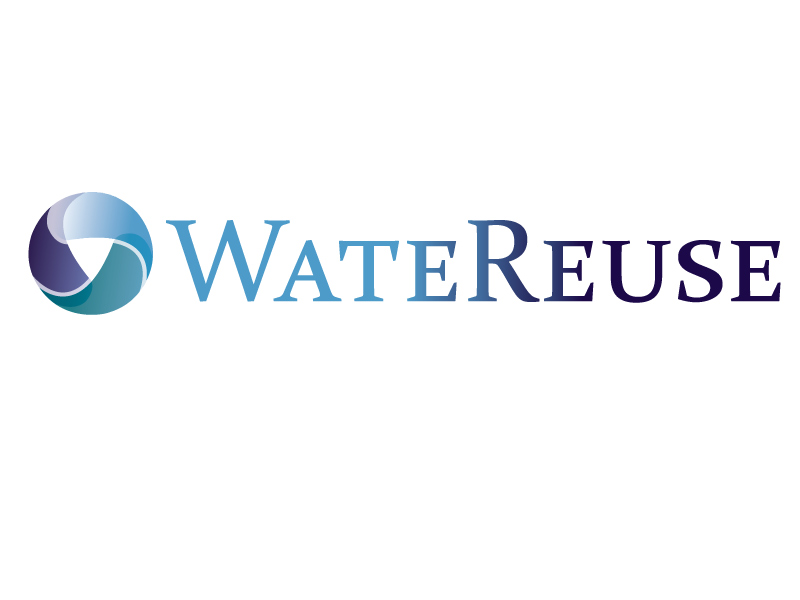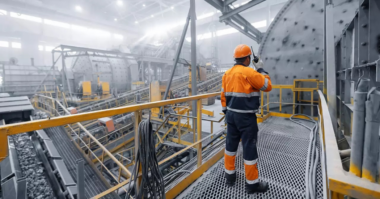Rudolph Chow, Director of the Baltimore Dept. of Public Works represented the organizations at this morning’s Senate Environment and Public Works Committee hearing
| Rudolph Chow, Director of the Baltimore Department of Public Works, testified today on behalf of his agency, the Water Environment Federation (WEF), and the WateReuse Association at the Senate Environment and Public Works Committee hearing, “The Federal Role in Keeping Water and Wastewater Infrastructure Affordable.”
With more than thirty years of experience in the water sector, Chow is a proponent of surface and underground infrastructure renewal and has spent his career developing and implementing new and innovative programs aimed at protecting these systems while mitigating affordability issues. Testifying before Chairman James Inhofe (R-OK), Ranking Member Barbara Boxer (D-CA), and the other Committee Members, his remarks focused on three main points:
Although WEF and WateReuse are still finalizing the analysis that will go into the Committee’s official record, the preliminary results revealed that on average, for every one million of SRF dollars spent in those four states, there was a significant return to the national and local economies. Notable examples include: $160,000 to $695,000 in federal tax revenue; national and local job creation, including high-paying positions that bring in an estimated $60,000 in labor income per job; and an average of $2.25 million dollars in total output for the states’ economies. “As the true value of water becomes increasingly apparent, it’s vitally important to help educate our nation’s leaders about the infrastructure challenges facing our communities and the ways the federal government can help mitigate these pressures and increase opportunities for economic growth,” said WEF Executive Director Eileen O’Neill. “Although we are still working on our final analysis, the initial findings confirm that federal investments in water and wastewater infrastructure through the SRF programs have meaningful benefits to the economy, U.S. Treasury, and households across the nation.” “A safe, reliable and cost-effective supply of water is necessary to sustain a high standard of living and robust economy in communities large and small,” added WateReuse Executive Director Melissa Meeker. “It is clear that strong federal support for water and wastewater infrastructure reaps economic benefits at the local, state, and national levels and enhances the quality of life for everyone.” Click here to read the complete WEF/WateReuse testimony. Today’s hearing also serves as the ideal lead-in for Water Week 2016. Scheduled for April 10-16, this annual event provides an opportunity for water professionals from across the country to interact directly with their representatives and advocate for national policies that advance clean and safe waters in support of a healthy sustainable environment. For more information, event details, and agendas, visit www.WaterWeek.us. |




